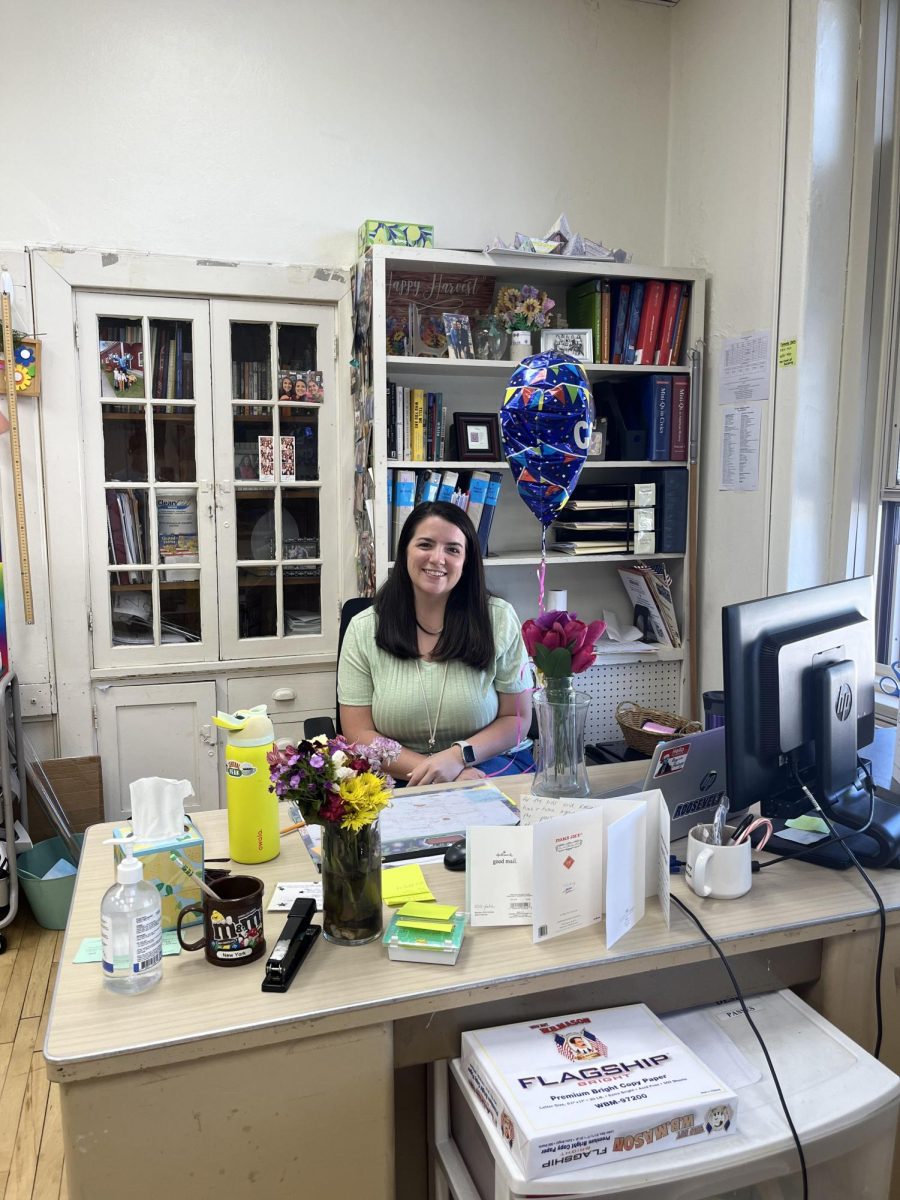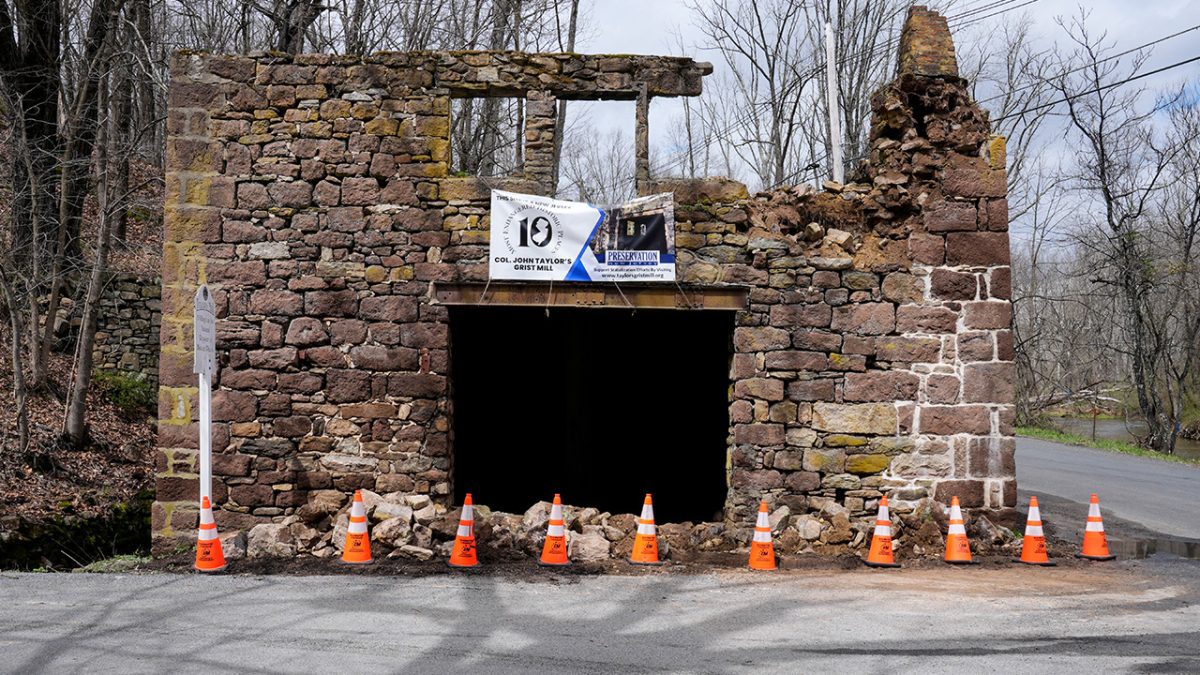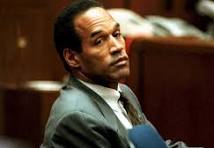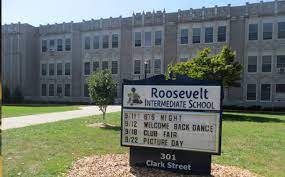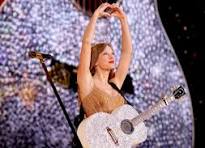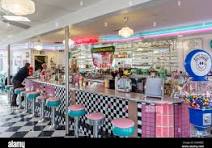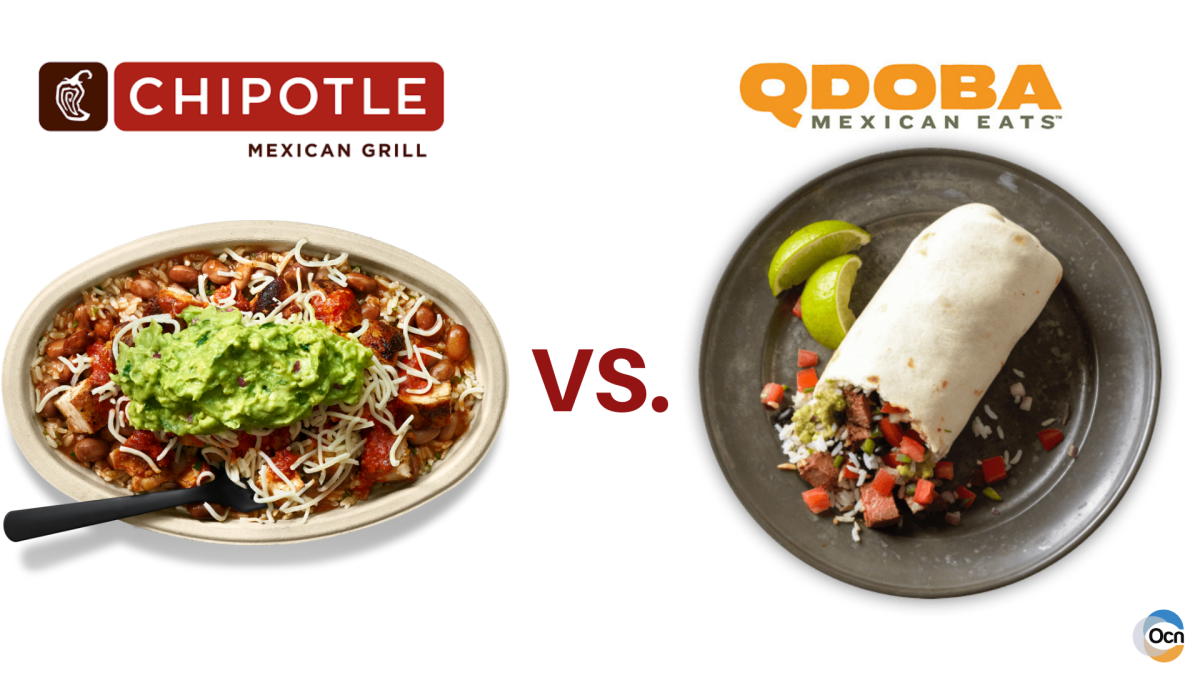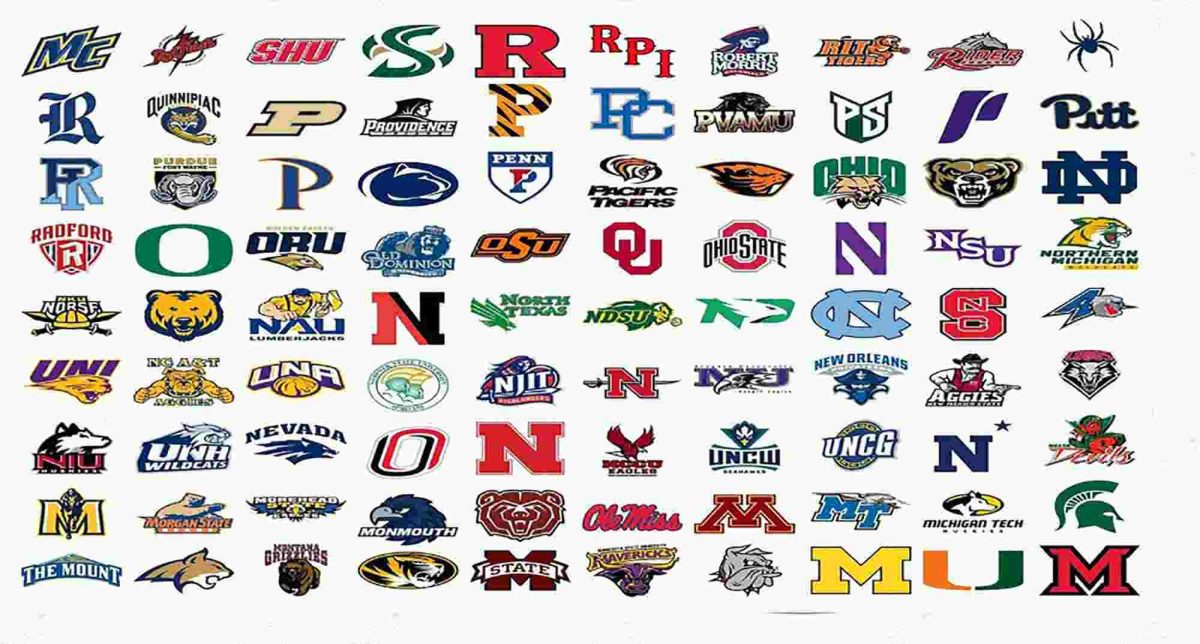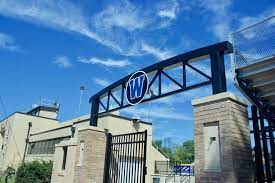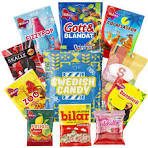If you’re reading this, it’s probably on a phone, computer, or some sort of screen. Did you know your device might be traced back to child labor?
The Democratic Republic of the Congo is a large country in Africa. As mentioned in the New York Times Article, “The Overlooked Crisis in Congo: We Live in War,” the country has been in a constant state of turmoil for decades. The country’s government is heavily corrupt after years of clashes between armed groups, political instability, and an economic crisis.
The exploitation of Congolese people has claimed nearly six million lives. In addition, more than six million are displaced after decades of fighting and the ensuing humanitarian crisis. Many people with nowhere else to go are being forced into manual labor.
Thousands of displaced women, children, and others have been subjected to mining in dangerous conditions. Congolese people are forced to retrieve minerals and ores, such as gold, tin, cobalt, and copper in hazardous work areas. This can also be referred to as “Modern Day Slavery.”
Friendsofthecongo.org, an organization whose goal is to bring peace and change to Congo, explains the importance of the minerals found there. According to the article, the Congo contains 70% of the world’s cobalt, a critical element in phones, computers, electric cars, batteries, and more.
This is why countries like China play a big part in taking control of the majority of these mines and exploiting the Congolese people for labor. Sadly, a lot of today’s big corporations still buy materials linked to child labor.
Unfortunately, it doesn’t stop there. Based on amnesty.org, a website dedicated to spreading awareness about human rights, upwards of 2,000 deaths occur just from these mines every year. The expansion of industrial-scale mines has led to acts of sexual violence, abduction of children, arson, beatings, and more. These crimes are largely committed by the 120 armed groups terrorizing the innocent people of the Congo.
Sixth-grade social studies teacher James Lane explained how child labor can start in 2nd and 3rd-world countries.
“Products are so much cheaper when businesses start up in countries that don’t have as robust laws as we have with our workers,” he said. “When they need to fill up factories and mines, they fill them up with whoever will do the job for the cheapest. In a lot of those places, going to school for children is not as important as supporting the family. So, businesses hire them, and there’s no government organization to prevent it from happening. As a country, we have to spend a lot of time and money making sure that the things we have are not being made by businesses that use child labor.”
The stigma around this situation has spread like wildfire across social media platforms such as TikTok, X (formerly known as Twitter) and several news outlets. A hashtag named “#freecongo” has been the primary source of videos surrounding this issue. The topic has gained awareness rapidly, and many have been trying to raise money through sites like “GoFundMe.”
When RIS students were asked about the topic, some said they had heard about what is happening in the Congo via social media. Sixth Graders Nora Harrison, Natalie Isola, Brandon Moss, Charlie Grauch, and Kellen LaCarruba share their thoughts on the situation and ideas on how we could help.
“We can start fundraisers and GoFundMe’s to raise money for the children in Africa. It’s very wrong and bad, companies shouldn’t hide if they are using child labor.” The group also thinks that more should be done to spread understanding about subjects similar to this one.
Although a lot of child labor is occurring in the Congo, it’s not the only place where horrible acts like this happen. According to worldvision.org, a global humanitarian organization that tackles and helps cases of poverty and injustice, there have been many types of child labor across the world for decades, whether with farming and producing food, or working in factories to create products.
This issue has been ignored for too long. Roosevelt’s 8th-grade social studies teacher, Marissa Conneely, shared, “There are many food products like coffee and chocolate that are sourced unethically for major companies. There’s something called a ‘Fairtrade label,’ and to get this label means that someone is coming into your place of business multiple times a year to assess and make sure everything is safe regarding the workers.”
The Fairtrade label represents corporations and brands that have always stood for fairly produced and fairly traded products. There are many versions and similar concepts of the Fairtrade label that have been reducing the amount of products linked to child labor as well. The next time you’re in the store, check the products you’re buying to see if they’re ethically sourced and have the Fairtrade label.
Hopefully in the future, we will be able to eliminate forced manual labor of all types and help the people who’ve suffered.
